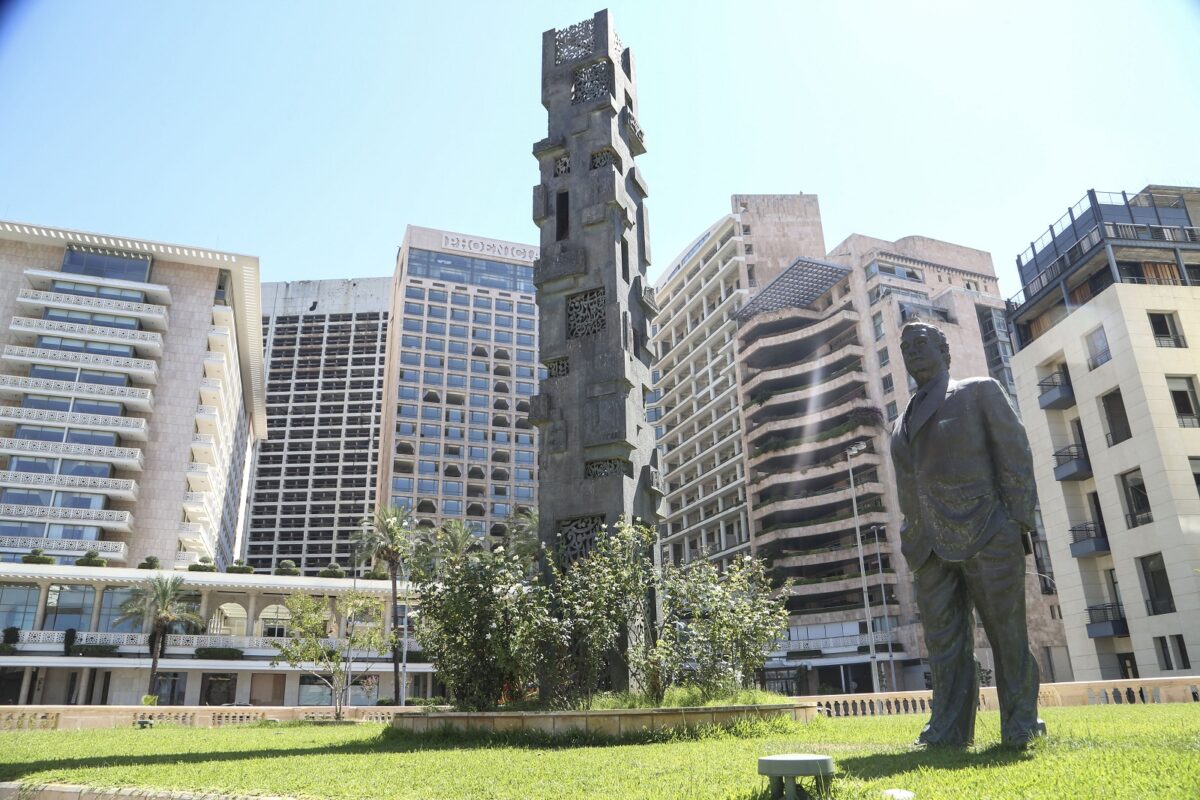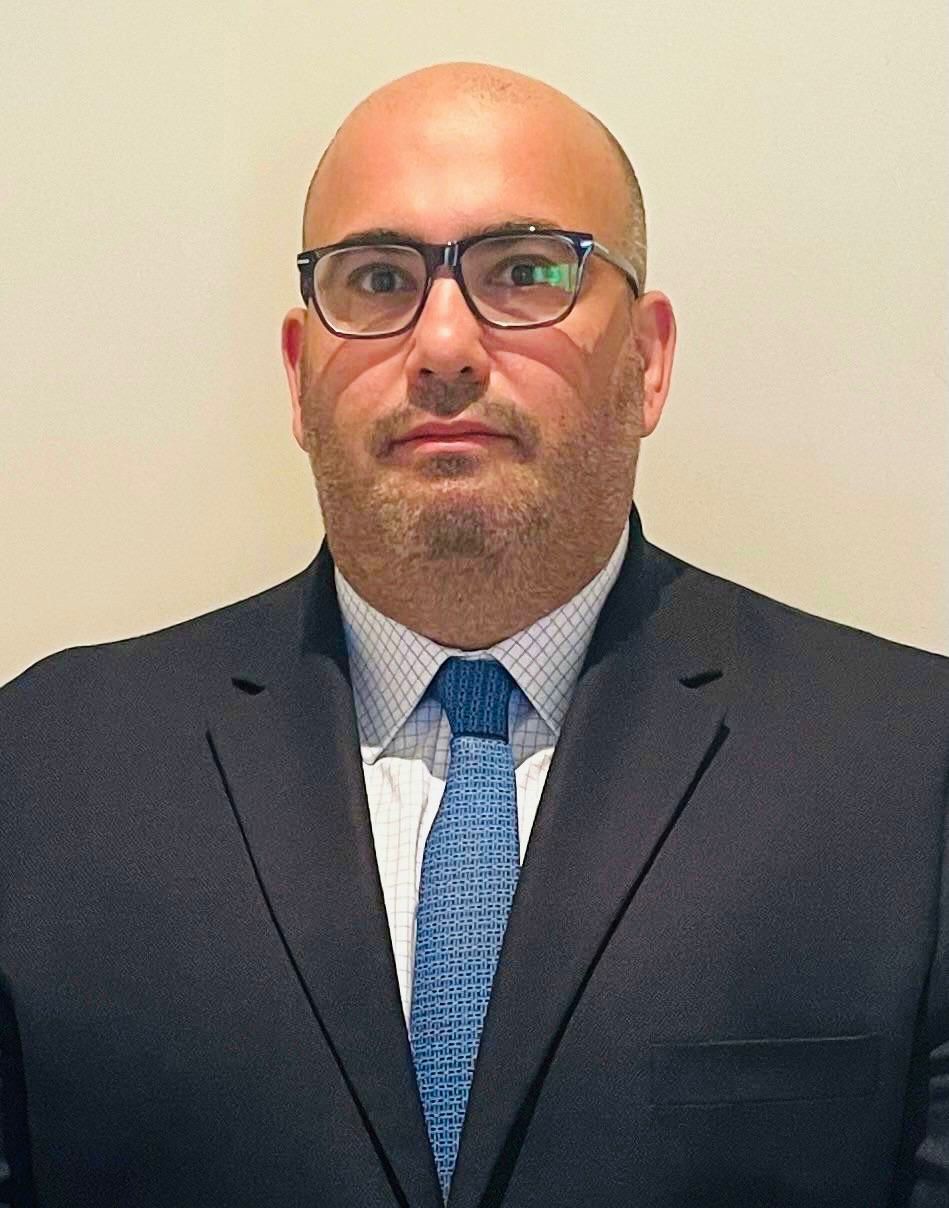
The Sunni question back at the centre of Lebanon’s political and securitarian trajectories: priorities and weaknesses of a neglected community amid war and lack of representation
At every critical juncture concerning Lebanon’s political and security trajectory, questions are raised about the behavior, preferences, and concerns of the Sunni community. The persistent presence of a “Sunni question” evokes the “Eastern question,” which emerged in the early 19th century with the decline of the Ottoman Empire and the increasing interest of European powers in its territories. On the eve of Lebanon’s independence, the loyalty of the Sunni community to the state was questioned. The rise of Arab nationalism, the Egyptian-Syrian unity, and the presence of the Palestinian Liberation Organization (PLO) were all moments that cast doubt on the behavior of the Sunni community in Lebanon. The renowned historian Kamal Salibi remarked in an interview published in 1995 that “after 150 years, the Lebanese Sunnis are faced with the challenge of having become Lebanese…they always thought of themselves as being part of the larger Sunni world…they must think of themselves as being specifically Lebanese rather than part of something bigger. This is going to be very difficult for them to accept.”
Two recurrent arguments are widely repeated in Lebanon today. The first is that Sunnis’ priorities are changing as Lebanon becomes more embroiled in the war on Gaza. In contrast, the second is that they are weak today, lacking proper leadership and representation.
Recent shifts in rhetoric from a few political figures, the resurgence of the Fajr Brigades (the military wing of Jamaa al-Islamiya), and the public endorsements of violence by several Sunni religious leaders in support of military operations raise concerns of a potential turning point since Al-Aqsa Flood operation. This could signal a seismic shift in the attitude of Lebanon’s Sunni community, moving away from the “Lebanon First” position that emerged after the assassination of PM Rafik Hariri, which emphasized strong state institutions and a monopoly on violence held by the army and security forces. The question being asked today: are Sunnis prioritizing support for the Palestinian cause over national interests and domestic challenges?
Concrete signs indicating a shift in Sunni attitudes in Lebanon are scarce and nuanced. It shouldn’t be surprising that emotions often overshadow reason during funerals. However, one shouldn’t mistake these loud noises for changes in positions or attitudes. The recent statement by Grand Mufti Abdel Latif Derian and the governorate Muftis stressed the importance of “national unity, solidarity, and cooperation to spare Lebanon from entering into a large-scale war.” According to the Arab Barometer recent survey published by Foreign Affairs magazine, nine percent of Sunnis said they have quite a lot or a great deal of trust in Hezbollah. This number has remained unchanged since its 2022 survey.
The second recurrent claim is that the Sunnis are a weak community in Lebanon, lacking power and influence. This claim isn’t new and preceded the Al-Aqsa Flood operation on October 7, 2023. Many examples could illustrate this argument, from the four-party agreement during the 2005 parliamentary election to the compromises after the Doha agreement in 2008, the formation of unity governments, and the presidential compromise in 2016. The results of the 2022 parliamentary elections showed that the Sunni vote became fragmented. In 2018, around 50% of the votes went to the Future Movement, whereas in 2022, 25% went to the so-called change candidates, followed by 20% for personalities affiliated with the Future Movement. All other groups, including Hezbollah and its allies, didn’t receive more than 5-7% of the votes, according to the electoral expert Ibrahim Jouhari.
The results of the 2022 parliamentary elections confirmed the absence of a strong Sunni leader, especially when the 2018 elections gave the Future Movement 50% of the total votes. Strong leadership in the context of the Lebanese system is essential, given that it is an elitist system that depends on the behavior of its political elite. In other words, elite cooperation is a condition to ensure stability and functionality. This leader is supposed to negotiate the sharing of power and resources with other peers representing different communities and sects. The introduction of a proportional representation mechanism in 2017 was intended to transfer the competition inside each confession instead of between confessions. Still, two elections have passed, and the system is still elite-based and requires continuous elite negotiation and manipulation.
The fragmentation of the Sunni community could be illustrated by the significant number of aspirants for the premiership position among ministers, MPs, political figures, and businesspeople. These individuals seek to be nominated for this position by relying on outreach, media manipulation, and lobbying with influential regional powers, among other means. What is always missing is that they have never articulated concrete ideas and proposals to mitigate the compounded crises in Lebanon. None of the hopefuls have presented plans to address the economic, fiscal, governance, financial, and Syrian refugee crises or highlighted their comparative advantage. The Sunni community today reminds us of a quote allegedly attributed to the Syrian President Shukri al-Quwatli: “I have handed over to you, Mr. President, a people, half of whom are leaders and the other half consider themselves prophets or gods.”
This leads us to the article’s main point. Suppose the Sunnis feel they are weak because of a lack of strong leadership that can negotiate the allocation of resources and the distribution of patronage with other leaders. In that case, the question becomes: Can this system still provide these privileges? Or, instead, can we also attribute today’s lack of elite consensus or cooperation to the fact that rent-extraction opportunities have significantly weakened because of the current crisis? If this is the case, then what is the current origin or source of the perception that the Sunnis are among the weakest communities in Lebanon today?
One educated guess is that the Sunni community is measuring its weakness by tracking its limited access to communal-based welfare provision and social services. As a result of the ongoing crisis, the limited ability of state institutions to provide social welfare, health, and educational services has made many dependent on communal-based service delivery. Today, except for individual initiatives, the different political figures, MPs, Ministers, and religious leaders are not looking for ways to strengthen service provision for impoverished Sunnis. Melani Cammett argues that “who benefits from the provision of social services by sectarian organizations…effectively constitutes membership in these groups.” Hence, the lack of provision of these services renders the Sunnis feel weak and left out compared to other sectarian groups.
Finally, religious leaders who control significant resources and religious endowments have neglected the importance of generating revenues from these endowments, which can contribute to allocating social welfare, housing stipends, and educational and health subsidies. They have been running these endowments primitively without relying on management and financial experts but on outdated revenue generation mediums.
Today’s real challenge for the Sunnis in Lebanon is transforming their perceived weakness into strength. Rather than crying for help, seeking external support, and competing for the premiership, they should channel their energy into promoting economic, fiscal, and financial reforms, strengthening state institutions to restore unbiased social welfare and protection, and safeguarding individual rights against populism and demagoguery.
Khalil Gebara is an academic and researcher.
The views in this story reflect those of the author alone and do not necessarily reflect the beliefs of NOW.








